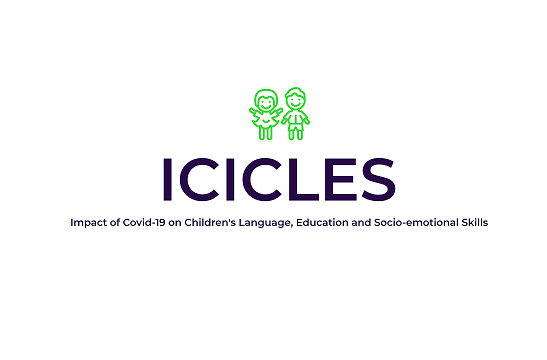You can count on it – how mathematical reasoning can help children do the maths
Maths skills are not only of significance in the labour market, they are important for all of us in our everyday lives. Yet around a third of young people do not obtain a standard pass in GCSE maths (provisional figures from the Department of Education show 65 per cent of pupils achieved grades 9-4 in 2018). While improving maths skills is a focus for all phases of the education system, recent years have seen growing recognition of the role primary school maths education can play.
 Post Date
Post Date
 Reading Time
Reading Time

Maths skills are not only of significance in the labour market, they are important for all of us in our everyday lives. Yet around a third of young people do not obtain a standard pass in GCSE maths (provisional figures from the Department of Education show 65 per cent of pupils achieved grades 9-4 in 2018). While improving maths skills is a focus for all phases of the education system, recent years have seen growing recognition of the role primary school maths education can play.
So how can maths skills of primary school pupils be improved? One effective approach is proving to be the Mathematical Reasoning programme, developed by Professor Terezinha Nunes and Professor Peter Bryant at the University of Oxford to improve children’s understanding of the logical principles underlying mathematics.
Our evaluation of the programme for the Education Endowment Foundation (EEF), published last month, found that Year 2 children who received the programme made on average one additional month’s progress in maths compared with children who did not. Teachers delivered the programme over 12-15 weeks as part of their usual maths lessons. Learning was supported by online games, which could be used by pupils at school and at home.
The programme was evaluated through a randomised controlled trial, involving around 160 schools in England, alongside an implementation and process evaluation to explore whether the programme was implemented as intended as well as exploring factors that may influence impact.
This trial sought to establish whether the intervention can work at scale, under everyday conditions and in a large number of schools. As such, it built on an earlier trial, also funded by the EEF, which showed the programme to advance pupils’ maths attainment by an average of three months. This earlier ‘efficacy’ trial tested how well the programme could work in ideal circumstances. The aim of the recent ‘effectiveness’ trial was instead to establish how effective it is “real-world” circumstances.
It is important to consider why the impact was bigger in the efficacy trial. There are several points here to bear in mind. First, delivering the programme on a larger scale necessitated the use of a “train the trainers” model, with the National Centre for Excellence in the Teaching of Mathematics (NCETM) leading the delivery of the programme through the Maths Hubs network. Rather than teachers being trained directly by the Oxford programme developers (as was the case with the earlier trial), the developers instead trained a network of “Work Group Leads” who in turn trained teachers in participating schools. Second, many control group schools appeared to have used other materials or resources to support children’s reasoning in maths that might, at least in part, substitute for the programme received by treatment group schools. Although we cannot say with certainty, such behaviour appeared to have been less common in the efficacy trial, and so could be part of the explanation for the greater impact seen there. Third, there were also differences in the way children’s outcomes were measured in the two trials. Fourth, there were differences between the two trials in the characteristics of participating schools – for example, the proportion of pupils who were eligible for free school meals was typically higher in the recent trial.
Looking beyond the estimated impacts, the programme was generally well-received by participating schools, and teachers were positive about the focus on fundamental mathematical principles. It is also relatively low-cost for schools to implement. Yet not all schools implemented the programme as intended, often due to resource constraints – for example, a lack of the necessary resources, particularly in terms of IT access, to facilitate the online games that formed part of the programme.
This positive reception from schools increases the likelihood that they might act upon the results of this evaluation by incorporating the Mathematical Reasoning programme into their curriculum. It remains to be seen whether the progress achieved by the programme will be sustained. The design of the trial allows for ongoing tracking, so an important question for future research is whether the additional progress in maths evident at the end of Year 2 persists over time, as children progress through primary school and beyond.
Notes:
Further information about the evaluation of the Mathematical Reasoning programme, including the full evaluation report, is available here
Richard Dorsett is Professor of Economic Evaluation, University of Westminster















